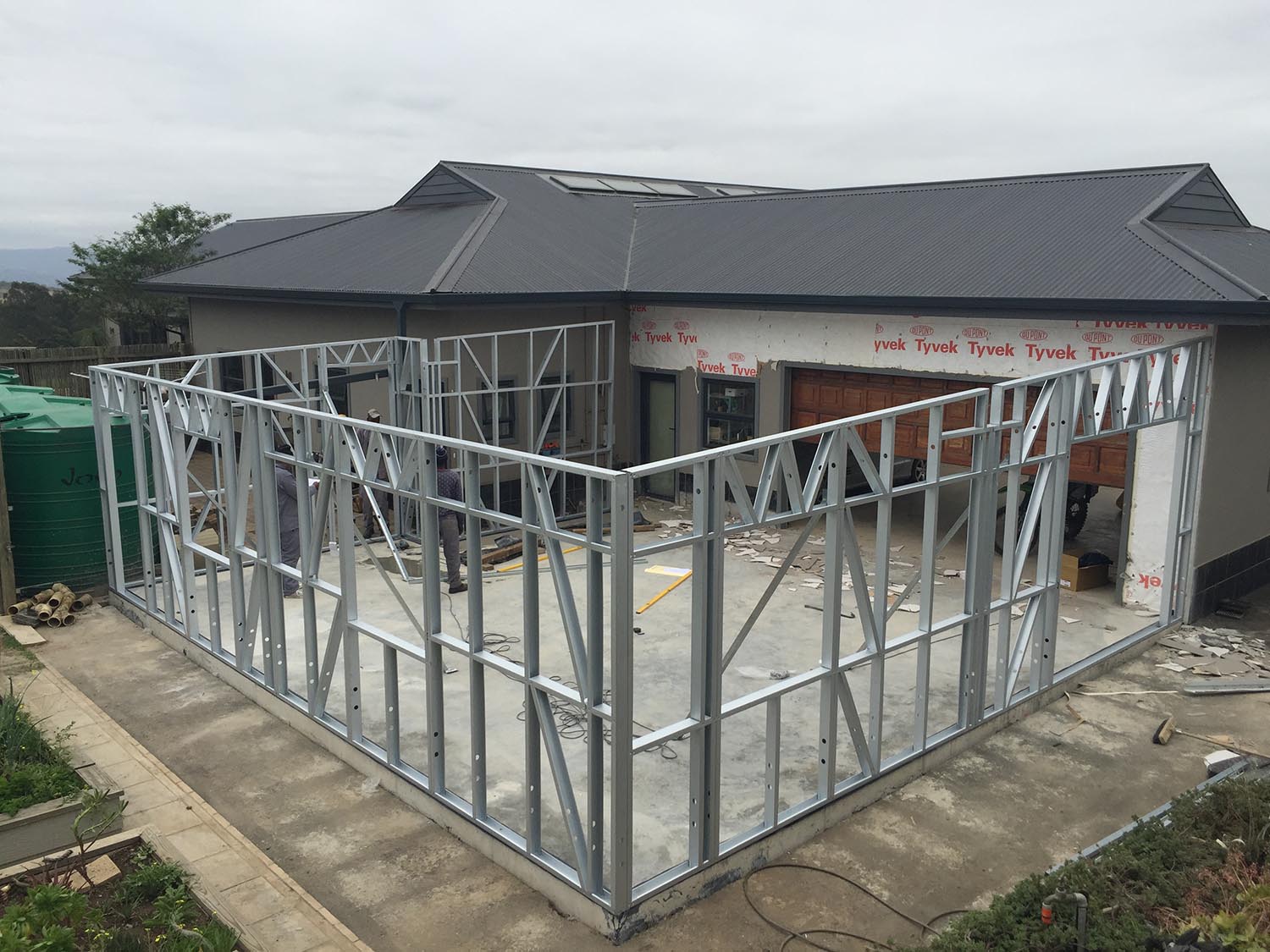Building an extension of your home or property is a unique project that requires careful planning, preparation, and meticulous execution. After all, you are about to expand your living environment and create an additional space that should serve a functional as well as an aesthetic purpose.
Much like renovating a room or an entire household, building an extension of your property successfully will depend on your ability to obtain the necessary finances, convey your wishes to the designers, and maximize your ROI.
Otherwise, you’ll end up with a new part of your home no one will want to live in. With that in mind, here are the most essential tips that will help you organize and effectuate a successful house extension project.
Determine the use of your extension
Every great vision requires a plan and a strategy. But most importantly, it’s vital to keep in mind that plans and strategies are derived from concrete goals. What is the goal of this extension project and what kind of space do you hope to bring to life? The answer will depend on whom the extension is intended for, as well as the purpose of the room itself.
This doesn’t mean that a purely functional room, such as a walk-in closet or a big pantry cannot be aesthetic as well, but it does mean that you need to know exactly what to emphasize. So, be sure to determine the exact use of the new space so that you can plan for its aesthetic and functional features accordingly.
Have the necessary permits
Unlike a home remodel project where you’re reinventing the look and feel of your kitchen, for example, an extension is a project that concerns a lot of people other than your family members. Particularly, it concerns your neighbors, and the regulatory bodies that oversee all construction projects in your area. The biggest mistake you can make is to fail to obtain the necessary permits for your extension, or forget to notify and consult your neighbors.
While you might not think that your extension project is any of their business, it’s important to note that the extension will impact their way of life during the construction process (by disturbing the peace, for example) and that your closest neighbors might not want to look at your extension every day.
To prevent complaints and unnecessary setbacks, be sure to gather the necessary signatures from your neighbors as well, to notify the governing bodies that you have obtained the consent of your closest neighbors.
Capitalize on depreciation tax deductions
Whether you’re building an extension for your rental income or your own property, it’s important to know how you can maximize your tax deductions over the years and make your extension project that much more financially rewarding. After all, the extension needs to produce a positive ROI, and tax deductions are the way to do it.
In order to maximize tax deductions, you can talk to your quantity surveyor in order to calculate the diminishing value depreciation of your property and your extension. This is the preferred depreciation method among seasoned investors as it will yield higher deduction amounts within the first few years of your investment. This means that you can quickly reclaim the value of certain items and materials you have used to build and decorate your extension.
Set a budget and obtain finances
Much like any other construction or remodel project, a successful extension requires a sound financial plan. The importance of long-term depreciation notwithstanding, you still need to set a viable budget and obtain the necessary finances without risking your personal finances and livelihood. Typically, an extension project will require you to obtain a construction loan.
Your goal here is to get your loan approved as quickly as possible in order to complete the project in a timely manner, but also to obtain a low-interest loan in order to maximize your investment. This will require you to tidy up your credit score in order to increase your chances with lenders in getting your loan approved with minimal collateral and interest.
Gather bids and research contractors
Another important step is to find your ideal contractor. This will be a team of experienced professionals who not only understand your wishes, but are able to transform them into reality at a reasonable price and without breaching any deadlines. To achieve this, you will need to research numerous contractors, gather their bids, and weigh the pros against the cons.
Get in touch with a trusted architect or designer to help you discern between the contractors you can trust and those you should stay away from. Don’t spring for the lowest bidder until you have ascertained their skills and expertise. Be sure to go a step further and contact their previous clients to obtain honest feedback about their services.
Final thoughts
To build an extension for your home is to breathe new life into your living environment and create a functional space you and your family can enjoy. You can avoid the common pitfalls by using these tips to organize and effectuate a cost-effective house extension project.


